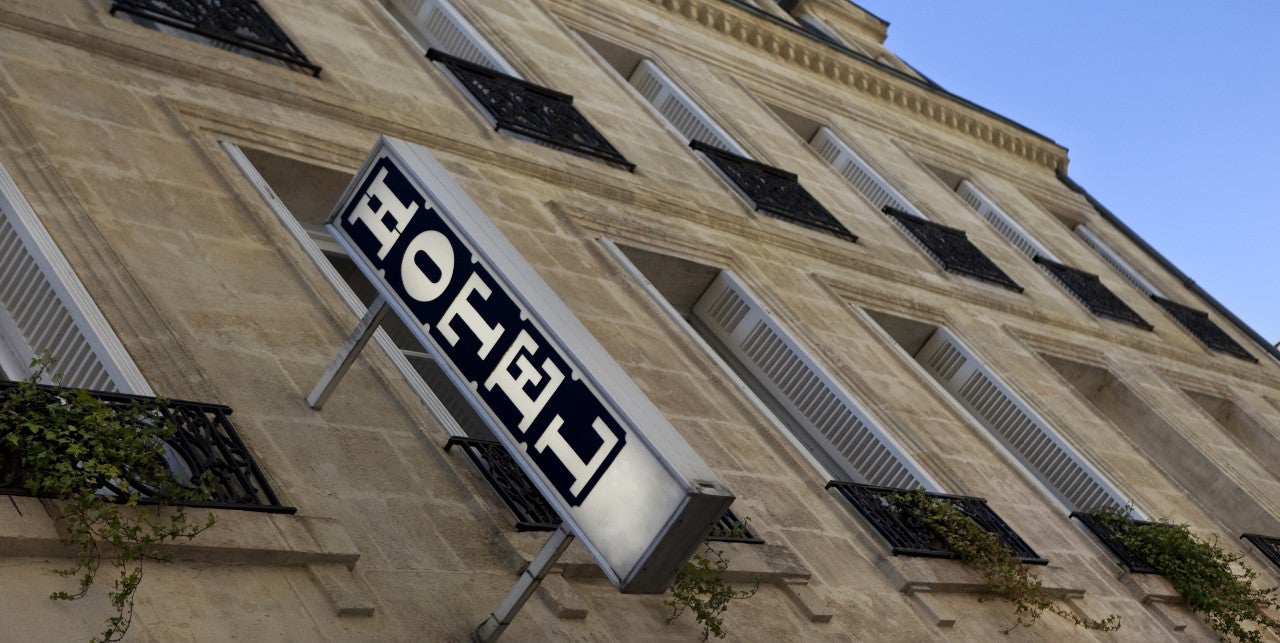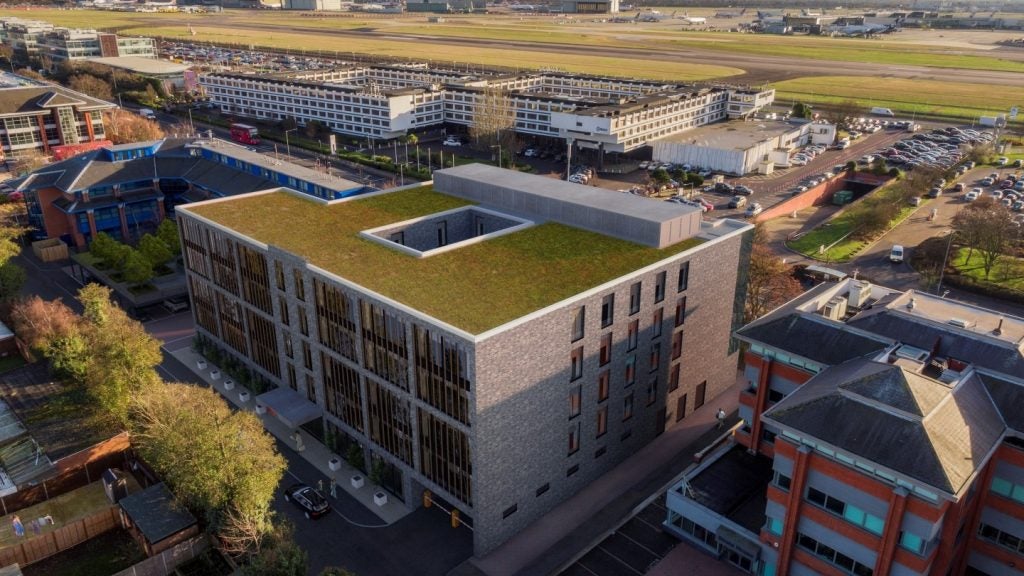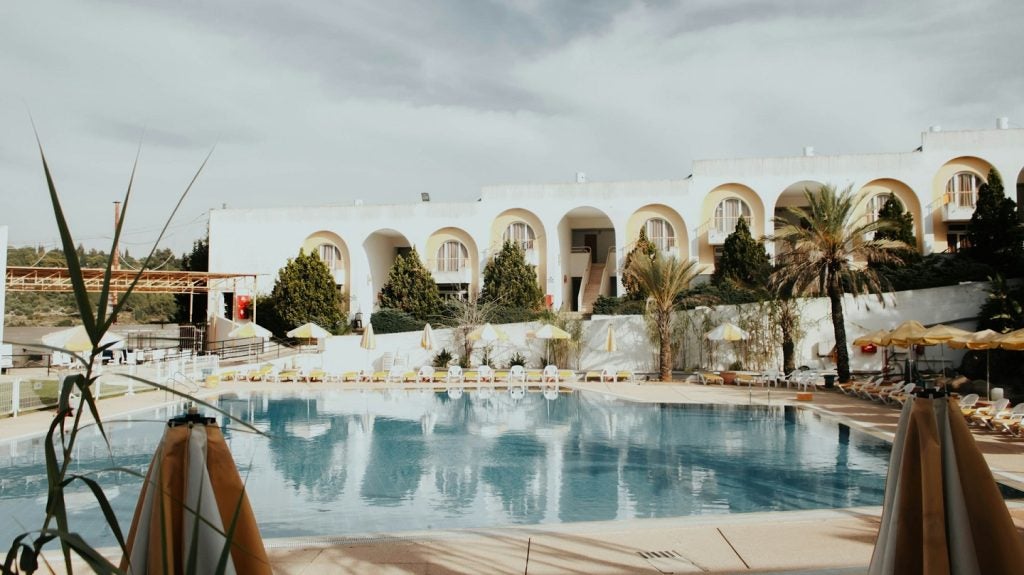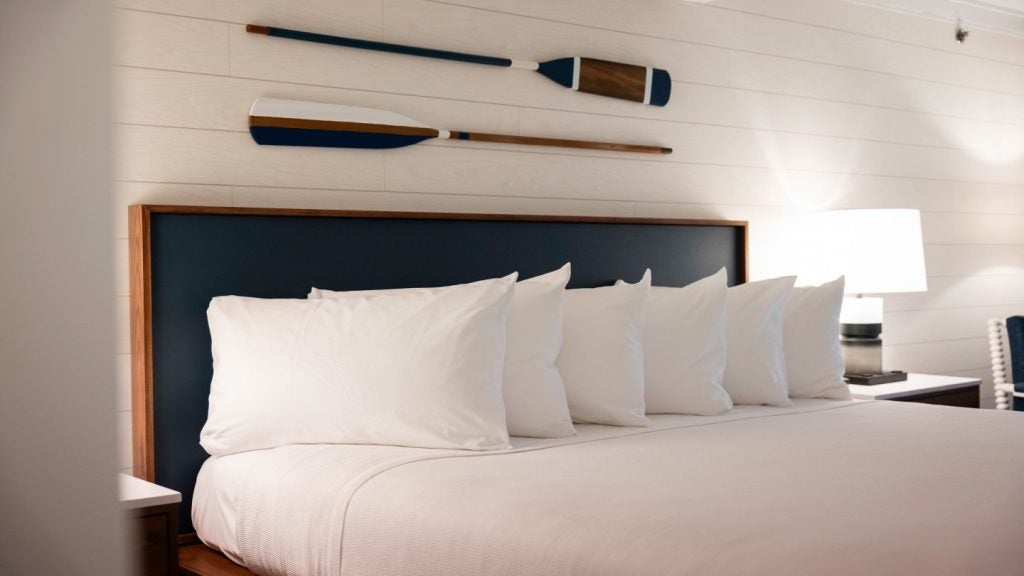A recent partnership with Katara Hospitality to incorporate the Delano brand in Paris will allow Accor to modernise its luxury product offering, appealing to the new luxury traveller.
The move away from ‘classic’ brands will pay dividends
The millennial demographic accounts for the highest percentage of luxury travellers globally. According to a study by Bain & Company, the millennial population accounted for 35% of luxury consumption, and this statistic is likely to increase to 45% in 2025. Millennials have different traveller preferences, with a greater focus on sustainability, corporate social responsibility and experiential trips.
Evolving luxury offerings to meet specific cohorts is key in lodging. With Accor introducing this new brand to its portfolio, it allows the company to compete further in terms of attracting the important millennial market.
Other global hotel giants have entered into this ‘luxury lifestyle’ space, such as Hyatt Hotels with Thompson Hotels, a luxury lifestyle brand that aims to enhance local ambience and cultural experiences. Hilton Hotels is also a competitor in this space, offering luxury brand LXR Hotels, focusing on personalization and local immersive experiences.
Targeting millennial travellers will help to improve quality
Adjusting luxury products to the millennial market is a positive move. It will help to redefine luxury and enhance personalisation, a factor that is highly important to this cohort. According to GlobalData’s Week 11 COVID-19 Recovery Survey (fieldwork undertaken 2-6 December 2020), 54% of millennials are ‘always’ or ‘often’ influenced by how well a product or service is tailored to their needs and personality.
Introducing the Delano brand to its portfolio will open up the Accor brand to more travellers by making luxury lodging accessible and less exclusive. Whilst a wider customer base is useful for enhanced revenue streams, it can diminish the reputation of luxury to some travellers. If this new brand is accessible to more travellers and loses its exclusive effect, some luxury customers will not be willing to pay a premium for the service and may take their loyalty elsewhere. It is important that Accor balances this aspect in order to please all parties.
How well do you really know your competitors?
Access the most comprehensive Company Profiles on the market, powered by GlobalData. Save hours of research. Gain competitive edge.

Thank you!
Your download email will arrive shortly
Not ready to buy yet? Download a free sample
We are confident about the unique quality of our Company Profiles. However, we want you to make the most beneficial decision for your business, so we offer a free sample that you can download by submitting the below form
By GlobalDataDespite Covid-19, Accor is vastly expanding its lifestyle luxury product
Accor announced a raft of new hotel openings for 2021, with lifestyle hotel developments expected to triple by 2023. Lifestyle brands currently only account for 5% of its revenue. However, they account for 25% of its development pipeline, showing that lifestyle brands will be a large focus for 2021 and further.
This is not the first partnership Accor has entered in to in order to enhance its lifestyle offering. A previously announced joint venture with hotel development company Ennismore aims to create a separate lifestyle company with 12 brands, further showing the investment being made into this segment and the importance of it in the post-Covid-19 travel space.










Related Company Profiles
Hyatt Hotels Corp
Accor SA